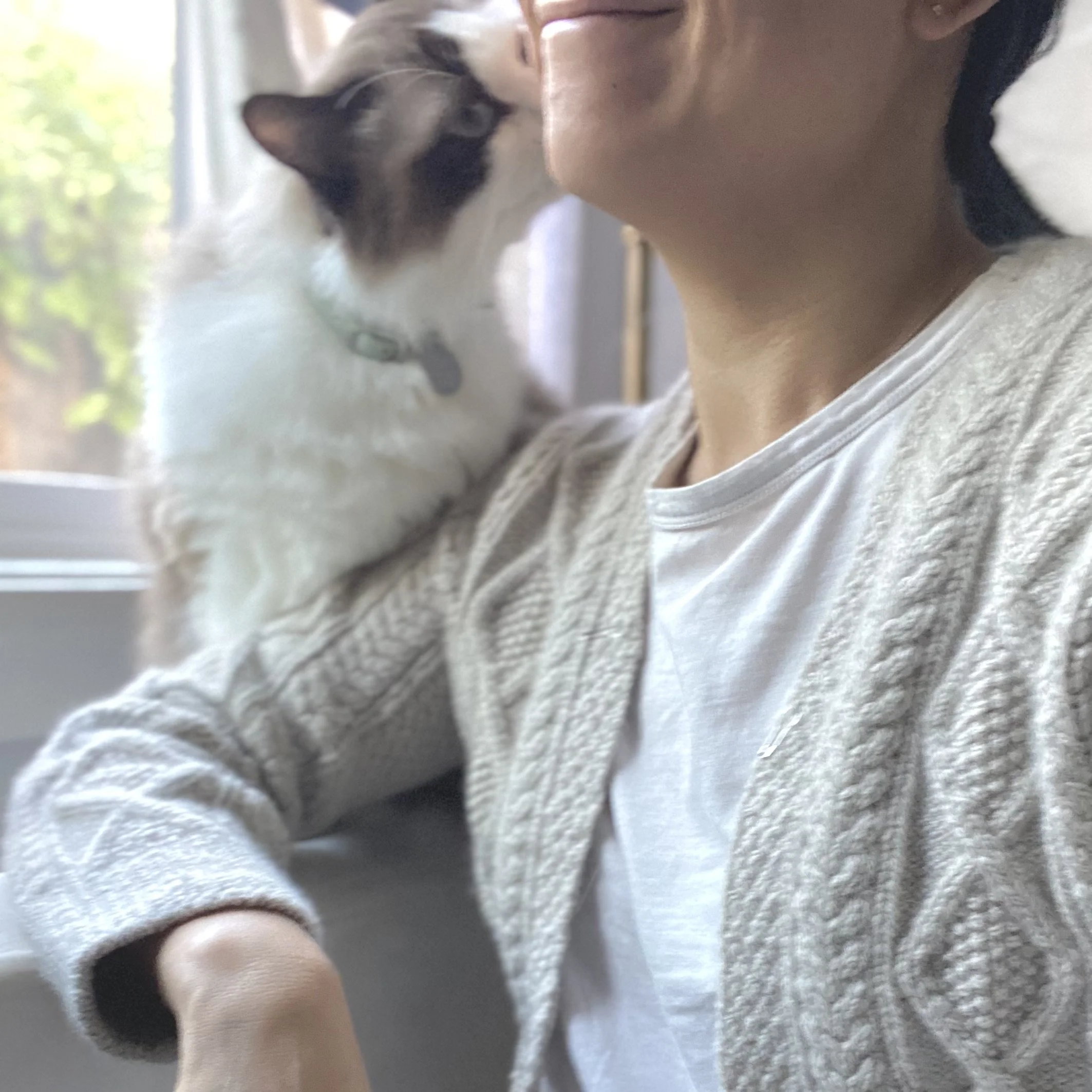The Last Bad One
Chemotherapy began on Monday… I began to feel the effects the next day, a deep fatigue, a profound bone-weariness setting in. Eating, normally a source of great pleasure, was like drinking seawater. Suddenly, all of my joys were salted.
– Paul Kalanithi, When Breath Becomes Air
Yesterday morning, I had my last dose of chemotherapy—“the last bad one,” as our eleven-year-old put it. I drove myself in, as I’ve begun doing. I find that I like going in alone because it allows me to be fully awake to what is happening, to sit with myself and feel and notice and consider in a way that is difficult to do in the middle of regular life. There is some part of me that needs that, that wants to go in awake and open and vulnerable without distraction.
I parked the car in my usual spot in the city, next to a cheerful little dog park that looks entirely out of place among the high-rises around it. As I walked the few blocks into the hospital complex, I thought about all the times in my life I’d done that, strode briskly into some major academic hospital in the early morning hours to preround or round or otherwise begin a busy shift. Boston, Baltimore, San Francisco: the feeling is the same. Only now, of course, I was walking in not as someone about to do things to people, but to have things done to me. I thought about what surgeon Paul Kalanithi wrote after becoming a patient: “I had passed from the subject to the direct object of every sentence of my life. In fourteenth-century philosophy, the word patient simply meant ‘the object of an action,’ and I felt like one. As a doctor, I was an agent, a cause; as a patient, I was merely something to which things happened.”
In other words, this was a walk fueled not by ambition but surrender. And I was going in with eyes wide open. There was a kind of optimistic naïveté that suffused my first and even second surgeries, a fascination with and even curiosity about what it would feel like. Not so now. I knew exactly how it would be: the cheerful staff asking the same questions (pain? falls? sores? nausea?), the strange stillness of the infusion bays as all manner of people lay silently letting poison drip into their arms or chests. The plasticky taste of the port being flushed followed by the slight chill of the drug going in, and the eye-burning, headachy wooziness that sets in soon after: I hated it. I hated all of it, and I walked right in.
The day could not have gone smoother: the port draw revealed improved liver enzymes, the nurse practitioner saw me and signed off on the chemo order, the pharmacy took their usual hour to mix it up, the nurse arrived in biohazard gear, hooked it up, ran it in over thirty minutes, and I was done. I rounded out the day with a routine echocardiogram and a visit with my new oncologist (my previous one retired). We mapped out the rest of my treatment: immunotherapy infusions every three weeks ending around Christmas, potentially followed by three years of hormonal therapy (for the second kind of breast cancer I have).
The immunotherapy infusions can happen at a smaller infusion center closer to where I live, so this would be the last time I’d drive into the city. Last chemo, last walk in: yet I felt, strangely, no sense of relief. Is it because I’m too tired to be happy? Because I know the port will have to stay in and there are years of medications left? Turns out feeling anticlimactic is common: as one cancer survivor put it after finishing chemo, “I feel like I should be celebrating but I can’t.”
I woke up this morning in the worst of it: foggy, tired, queasy, as if all of life’s joys had been salted. I lay in bed and cried, unable to separate how I felt in my body from how I felt in my mind and soul, feeling like the only thing I could do was surrender to it for a bit. My husband put some crackers by my bed, coaxed me out for a walk in the sun, but otherwise let me be, taking care of the day: getting the kids to school and back, prepping after-school snacks and dinner, going in to teach a class, driving various kids to the orthodontist, dance, swim practice, youth group, an art reception, basketball practice, and orchestra (as about five of those things happened at the same time, my parents came to help).
How many times during this whole journey have I lain in bed, watching life go by around me, grateful for reminders of an existence beyond my own misery while feeling simultaneously detached from it all? If this is truly the last time, then that is cause for celebration, a fact which I will undoubtedly appreciate more once the side effects have worn off. But I refuse to believe that the point of these bad days is simply to get them over with. What is this, but a chance to press into truths that transcend feeling and experience, to look for mercies, and should all else fail, simply to feel the sorrow that is so real in this world? What does it mean to live awake but to be sensible to the sorrow?
Christian Wiman, himself diagnosed with a rare form of blood cancer, writes: “Perhaps the question, with regard to suffering and what it will mean in your life, comes down to this: What will be the object of your faith, and what will your act of faith look like?” Today, this is my act of faith: to live awake to the misery, to stare it full in the face and believe in an end that I cannot feel.






